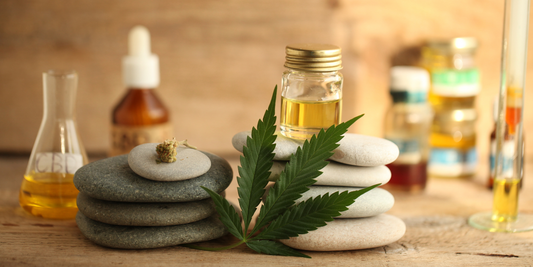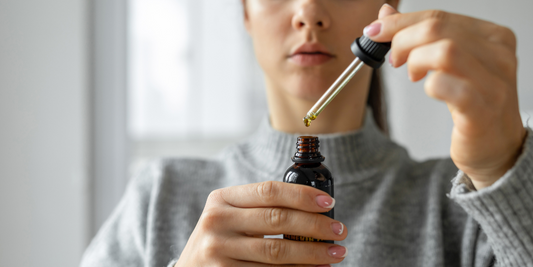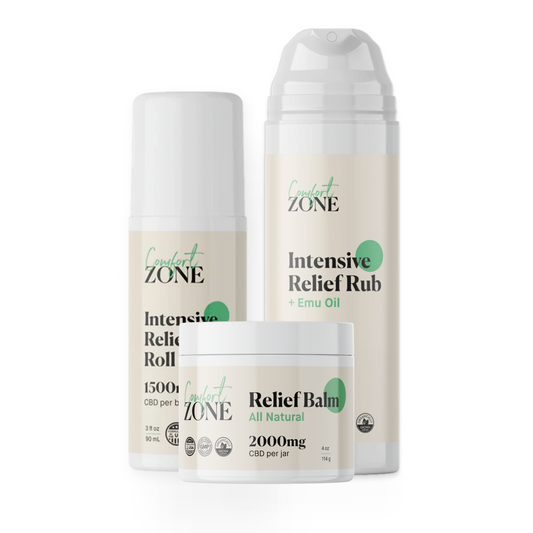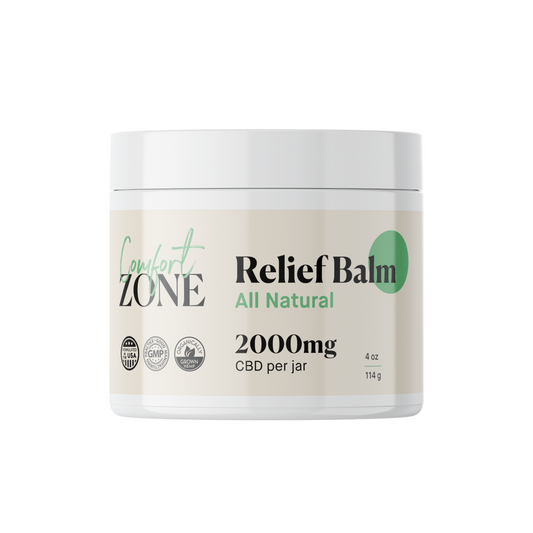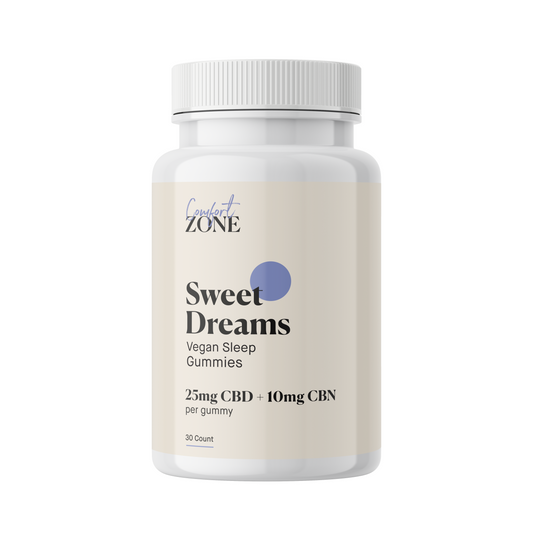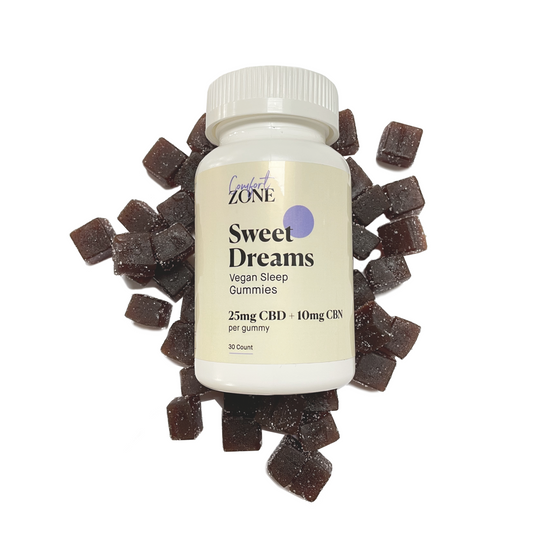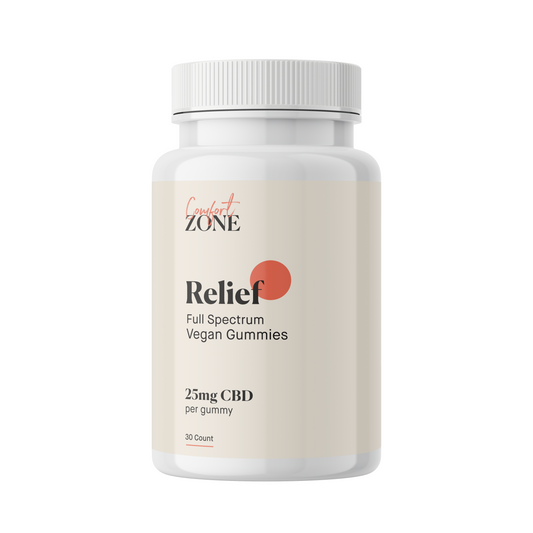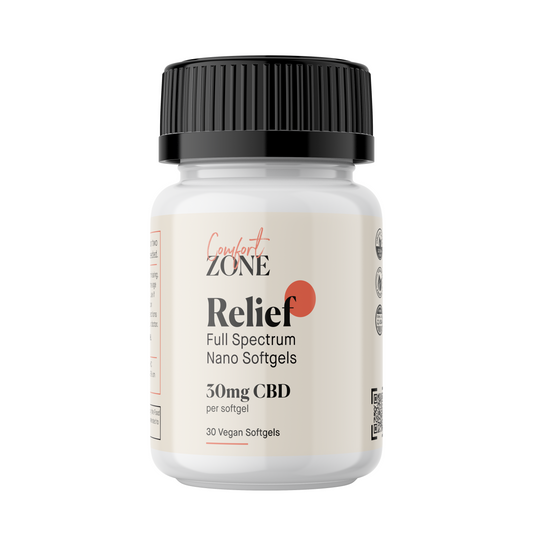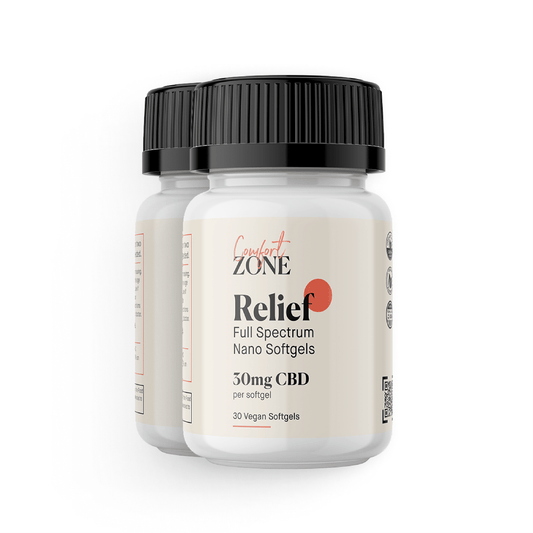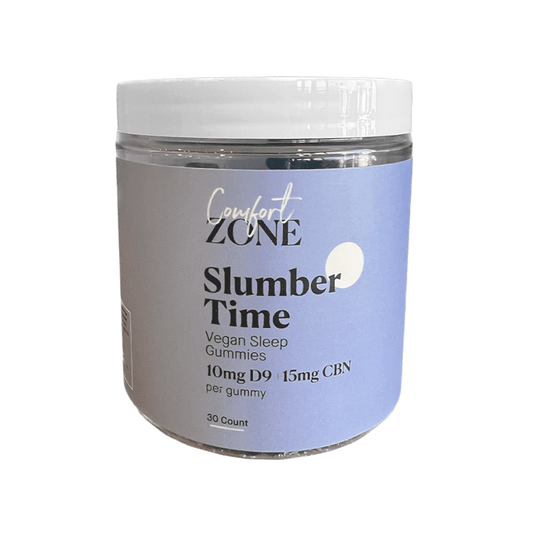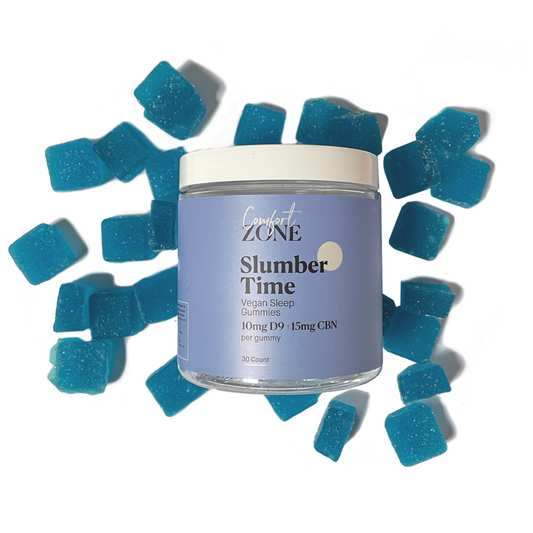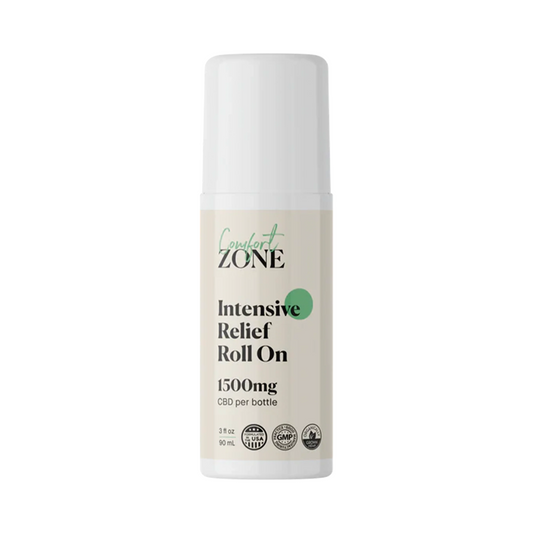What are Terpenes, and Where Do They Come From?
You're probably aware that terpenes are the compounds behind the delightful scents you encounter in nature, but did you know they possess the potential to make you feel good too? As the cannabis industry becomes mainstream, you've likely encountered familiar terms like CBD and THC, but there's another group of compounds, terpenes, that are equally worthy of your attention. In this article, we're here to unravel the mystery of terpenes and explore how they complement hemp-derived CBD (cannabidiol) to offer a holistic experience.
Terpenes: Beyond the Aromatics
When you encounter the distinct scent of hemp, whether reminiscent of sage, pine needles, or citrus fruits, you're actually experiencing the aromatic wonder of terpenes. These organic compounds play a pivotal role in determining how things taste and smell. But it's essential to recognize that terpenes aren't exclusive to hemp and marijuana; they're prevalent throughout the plant kingdom.
Terpenes have more to offer than just pleasing your olfactory senses. In hemp and cannabis plants, they play a significant role in influencing how specific cannabis strains affect us.
The Origins of Terpenes
Terpenes are fundamental building blocks of life, found in various forms across the natural world, and they serve diverse biological functions. In cannabis plants, these compounds are produced within the cannabis flower, specifically in the tiny orange hairs known as trichomes found on each bud.
Interestingly, many plants employ terpenes as a primitive form of communication, almost like a "chemical sign language." Some plants use terpenes as pheromones to communicate with their species, while others employ them to interact with organisms from different kingdoms, like birds and insects, to facilitate pollination.
In the world of cannabis and hemp, terpenes appear to multitask. Some deter insects and herbivores, acting as natural repellents, while others act as a "sunscreen," protecting the plant from harmful UV rays.
Fun fact: Many terpenes found in cannabis plants are shared with other plant species, explaining why certain cannabis strains can exude scents reminiscent of berries, lemon peel, cloves, or pine.
The Significance of Terpenes
Terpenes do much more than just offer pleasant aromas and flavors. They may play a crucial role in how cannabinoids impact your mind and body. Hemp boasts over 150 cannabinoids, including CBD, CBG, CBN, CBC, and THC.
Recent cannabis research suggests that while cannabis and hemp terpenes may have individual therapeutic benefits, their full potential is unleashed when they interact with cannabinoids such as CBD. This synergy is especially evident when cannabinoids are taken orally via sublingual drops or CBD capsules. In essence, the presence of terpenes can potentially influence your CBD dosage.
An illuminating 2011 study published in the British Journal of Pharmacology reveals that cannabis terpenes collaborate with cannabinoids like CBD and THC to produce significant effects on the body. This phenomenon, known as the "entourage effect," sheds light on why terpenes are so vital.
While much remains to be unraveled, this study supports the theory that CBD hemp products are most effective when they encompass the full spectrum of cannabinoids and terpenes naturally found in cannabis.
However, we encourage you to conduct your own research and experience a full-spectrum CBD product to reach your own conclusions.
Exploring CBD Comfort Zone's Whole Flower Terpenes
CBD Comfort Zone's USDA organic Whole Flower CBD oil formulation is the closest you can get to having a hemp flower bud in a dropper. We utilize organic sugarcane ethanol in our cannabis extraction process to gently extract as many terpenes and cannabinoids as possible from organic hemp flowers. As the ethanol evaporates, it leaves behind all the essential components needed to create a potent full-spectrum CBD oil, rich in terpenes.
Each terpene compound can exert different effects when combined with cannabinoids, and the terpene composition in each hemp strain is instrumental in determining its overall effects. Our most recent Whole Flower extract lab analysis highlights the prominence of terpenes like alpha-Humulene, β-Caryophyllene, and alpha-Bisabolol.
-
alpha-Humulene: This terpene is responsible for the spicy, earthy, woodsy aroma associated with cannabis. It's naturally found in hops and has a history of use in folk medicine for its potential healing properties.
-
β-Caryophyllene: Our lab tests also detect Caryophyllene in our hemp extract's terpene profile. This peppery, spicy terpene is found in herbs and spices like rosemary, basil, cinnamon, and black pepper. It's commonly used in topicals and salves meant for muscle and joint relief due to its preference for the CB2 receptor, responsible for comfort.
-
alpha-Bisabolol: This terpene, found in chamomile, exudes a mild floral aroma. It also appears in several other flowering plants worldwide, such as Stachys lavandulifolia Vahl, commonly referred to as pink cotton lamb’s ear. A 2016 study investigating the use of S. lavandulifolia in folk medicine supported its potential benefits.
Unveiling the Influence of Terpenes on the Body
Terpenes are a hot topic among cannabis enthusiasts, who believe they offer a range of health benefits and play a crucial role in aromatherapy. While anecdotal reports suggest certain terpenes may have wellness benefits, it's important to approach these claims with caution when shopping for natural wellness products.
The world of terpenes is an area of ongoing research. As studies unfold, the complex interplay of hundreds of terpenes found in hemp and cannabis plants further complicates the puzzle.
Terpenes: The Non-Psychoactive Aromatics
Contrary to common misconceptions, terpenes alone do not induce psychoactive effects or a "high." Similarly, CBD, a prominent cannabinoid in hemp, does not produce intoxication. The only known psychoactive element in hemp and medical cannabis is THC, but even this requires a significant amount of consumption.
As mentioned earlier, a diverse terpene profile appears to be the primary driver in enhancing the effectiveness of your CBD product, and even then, the effects remain non-psychoactive.
Safety Considerations
The common terpenes found in hemp are generally recognized as safe when used in food and oral products. However, the safety of smoking or vaping these compounds remains unverified.
For the utmost safety, we recommend choosing CBD oils intended for oral or sublingual consumption. Current evidence suggests that when precautions are followed, CBD oil is safe, with no reports of overdosing.
It's essential for all cannabis consumers to conduct thorough research before using any products that may impact their health. Given the limited regulation in the CBD market, some products may contain harmful pesticides or fertilizers, leading to adverse side effects. This is why we advocate for USDA-certified organic CBD products.
Selecting the Finest CBD Oil
At CBD Comfort Zone, we're a family-owned business committed to providing the highest quality legal hemp products. We personally know the Kentucky farmers who supply our organic hemp cannabis flowers. We exclusively use the flowers in our cannabis extract, known as Flower-Only™, without including leaves and stems, ensuring a potent, hempy flavor.
Our gentle small-batch Flower-Only™ cannabis extraction employs organic sugarcane ethanol to extract terpenes and cannabinoids from the organic cannabis flowers. We then blend this full-spectrum extract with MCT coconut oil, an ideal carrier oil for optimum bioavailability. This approach ensures our CBD oils have a naturally great taste without the need for added flavors or sweeteners.
All of our products undergo third-party lab testing to guarantee safety and potency, and to provide a complete terpene profile. We firmly believe in the entourage effect as the best way to unlock the full potential of the cannabis plant, and it can only be achieved with all the cannabinoids and terpenes naturally present in cannabis.
The Expansive Realm of Terpenes
The exploration of terpenes allows us to delve deeper into hemp as a supplement, but it's crucial to remember that we've only begun scratching the surface of these compounds. Each hemp strain contains numerous terpenes that interact uniquely to offer a wide spectrum of aromas, effects, and potential benefits.
As the cannabis industry advances, and our understanding of hemp's complexity deepens, plant geneticists will likely develop new cannabis strains that produce desired effects. Although much remains to be discovered, we're inching closer to unlocking the full power of terpenes and other natural compounds found in hemp.
In the meantime, we can continue to enjoy hemp in its natural state. Ready to explore the world of hemp? Check out our Full-Spectrum CBD Oil to get started on your journey.

